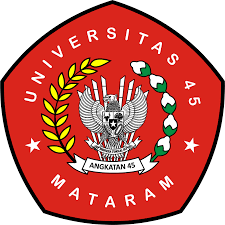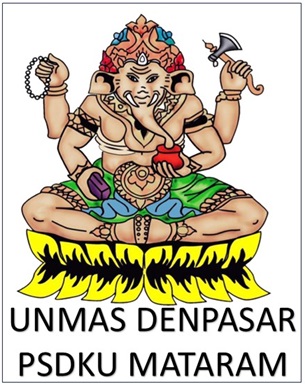THE IMPACT OF USING AI WITHOUT ADEQUATE ENGLISH PROFICIENCY AMONG USERS IN MATARAM
Dampak Penggunaan AI Tanpa Kemampuan Bahasa Inggris yang Memadai di Kalangan Pengguna di Mataram
DOI:
https://doi.org/10.59896/pesolah.v1i1.346Keywords:
Artificial Intelligence, English Proficiency, AI Bias, Miscommunication, Linguistic Discrimination, Bilingual AI, Inclusive Policy, AI AdoptionAbstract
The use of artificial intelligence (AI) is rapidly increasing across various societal activities, including in Mataram—although most users do not have adequate English proficiency. This study aims to analyze issues arising from AI usage by users with limited English skills. Employing quantitative methods (survey of 120 users) and qualitative methods (15 in-depth interviews), we examine phenomena such as miscommunication, AI bias, and socio-ecological impacts. Data show that 68% experienced misconceptions about AI outputs, 60% faced verbal discrimination, and 52% received inaccurate information. These results are reinforced by techno-linguistic bias and AI’s tendency to favor Standard English. Recommendations include language training, development of local bilingual AI, and inclusive policies. The findings raise awareness that language proficiency is an important prerequisite for fair and effective AI adoption
References
Brookings. (2023). How language gaps constrain generative AI development.
Fung, P., & Nguyen, T. H. (2023). ChatGPT Is Cutting Non English Languages Out of the AI Revolution. Wired.
Fricker, M. (2007). Epistemic Injustice: Power and the Ethics of Knowing. Oxford University Press.
Helm, P., Bella, G., Koch, G., Giunchiglia, F. (2023). Diversity and Language Technology: How Techno Linguistic Bias Can Cause Epistemic Injustice. arXiv.
Kim, Y., Lee, M., Kim, D., Lee, S.-J. (2023). Towards Explainable AI Writing Assistants for Non-native English Speakers. arXiv.
Liang, P., Zou, J., et al. (2023). GPT detectors are biased against non-native English writers. Stanford HAI
Downloads
Published
How to Cite
Issue
Section
License
Copyright (c) 2025 I Gusti Ngurah Octova Seventilofa

This work is licensed under a Creative Commons Attribution-ShareAlike 4.0 International License.


















